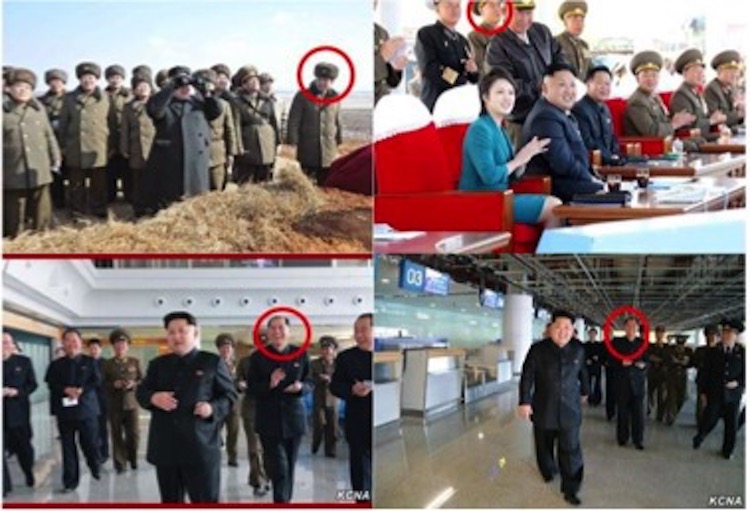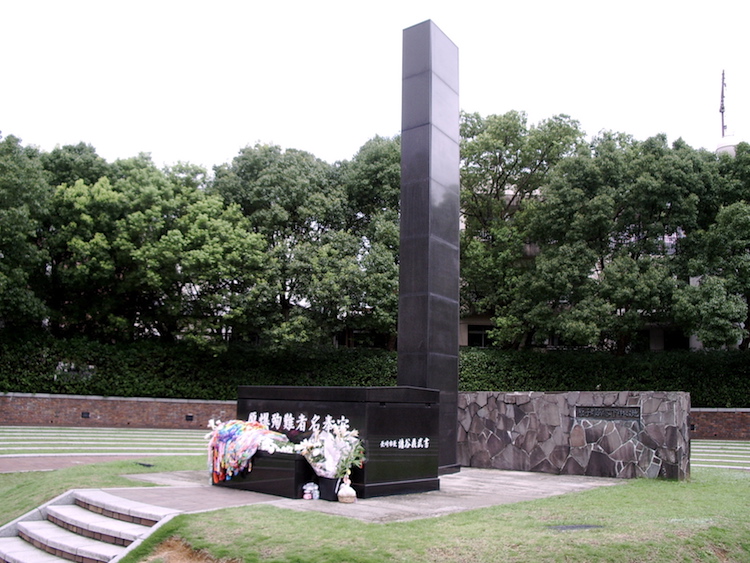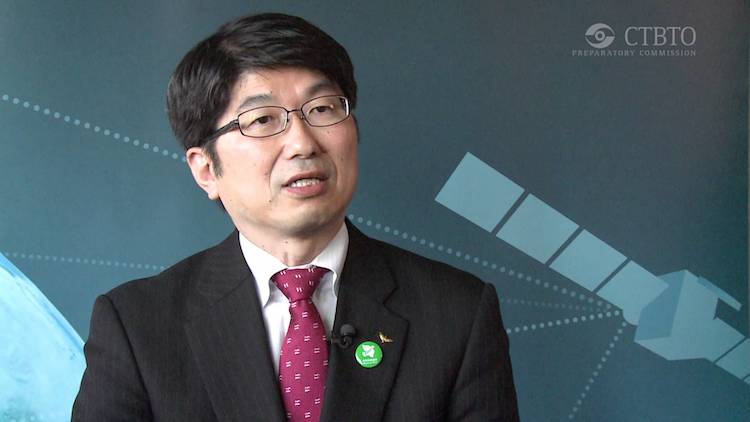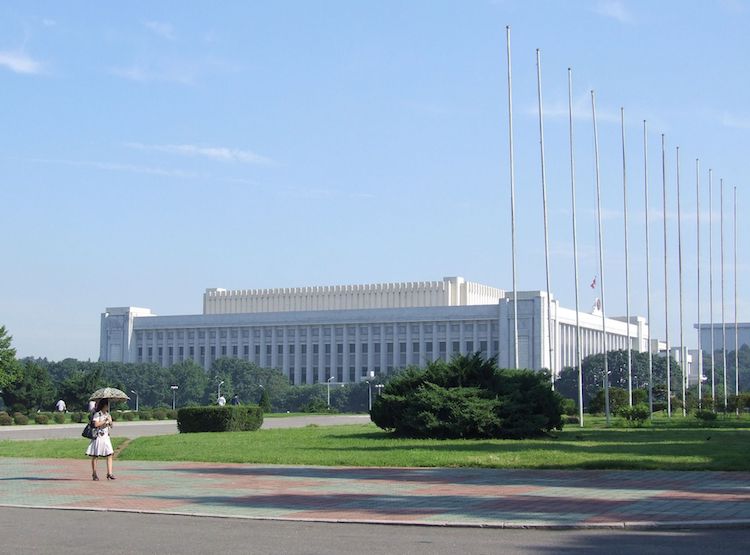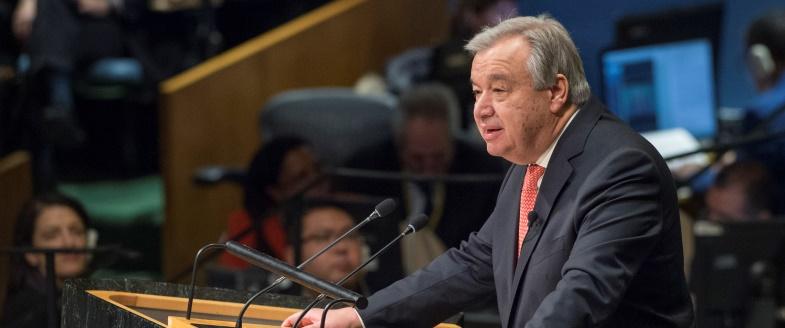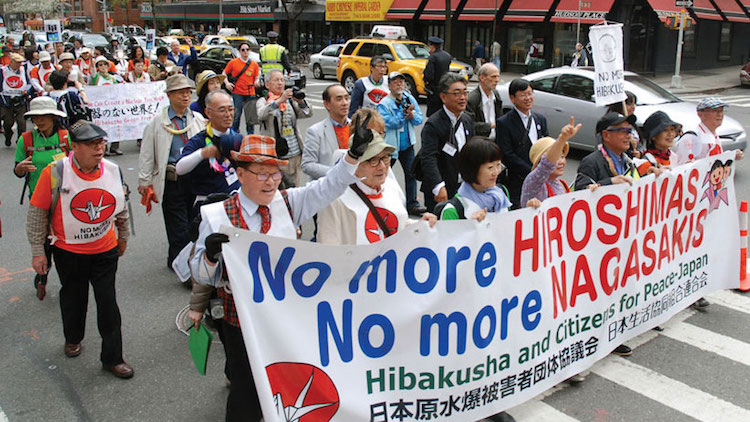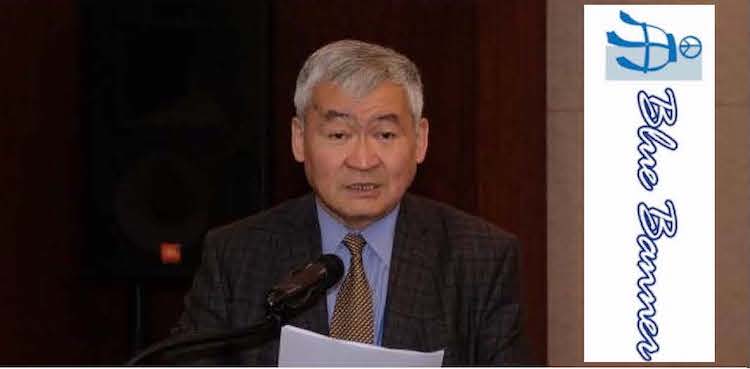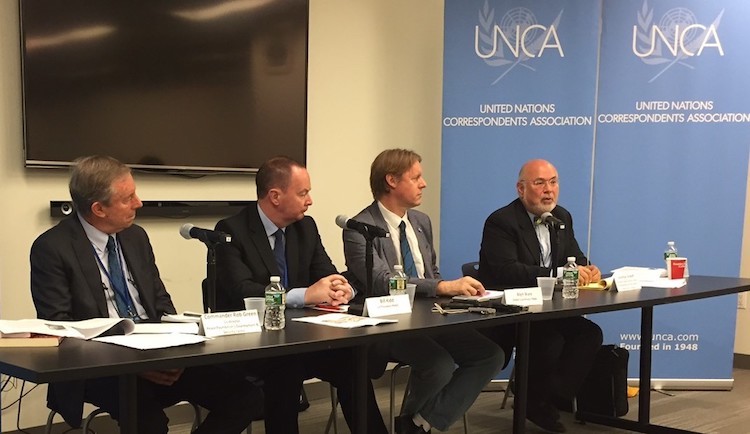By Ramesh Jaura
BERLIN | NEW YORK (IDN) – The Democratic People’s Republic of Korea (DPRK) maintains a tight spider network around the world that enables it “to employ great ingenuity in using formal banking channels and bulk cash transfers to facilitate illicit endeavours,” a close look at the Report of the UN Panel of Experts monitoring the implementation of Security Council sanctions against North Korea reveals.
An analysis of the Report covering the period from February 6, 2016 to February 5, 2017 does not give cause for hope that the expanded sanctions imposed unanimously by 15 members of the Security Council on August 5 would achieve the declared objective, which the Resolution 2371 (2017) defined as follows:

